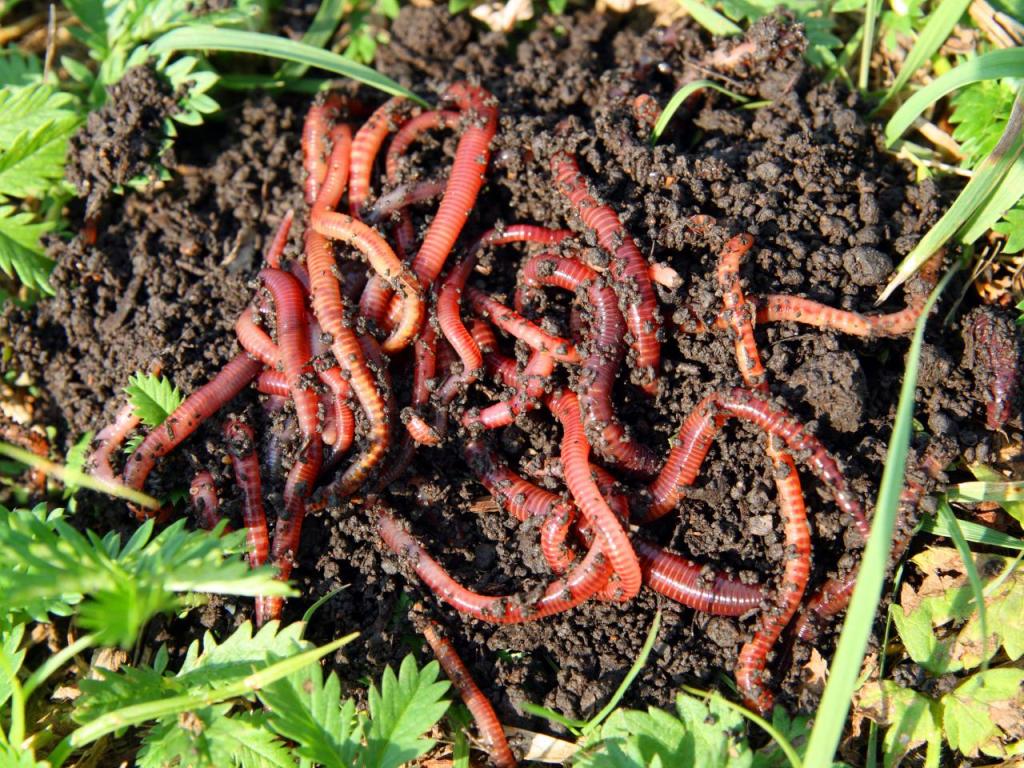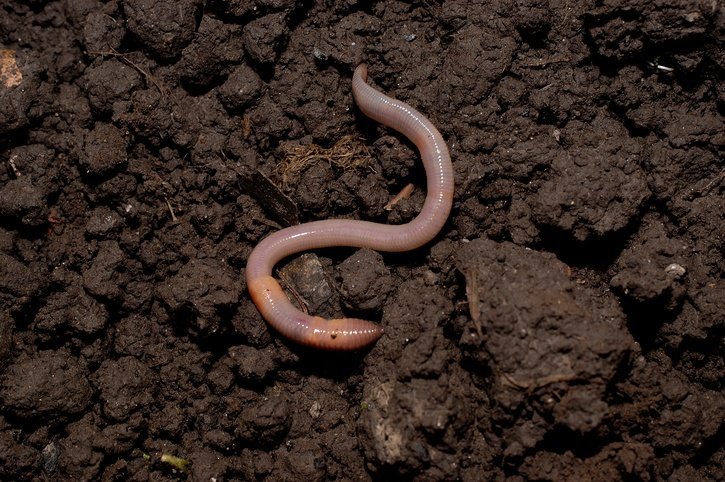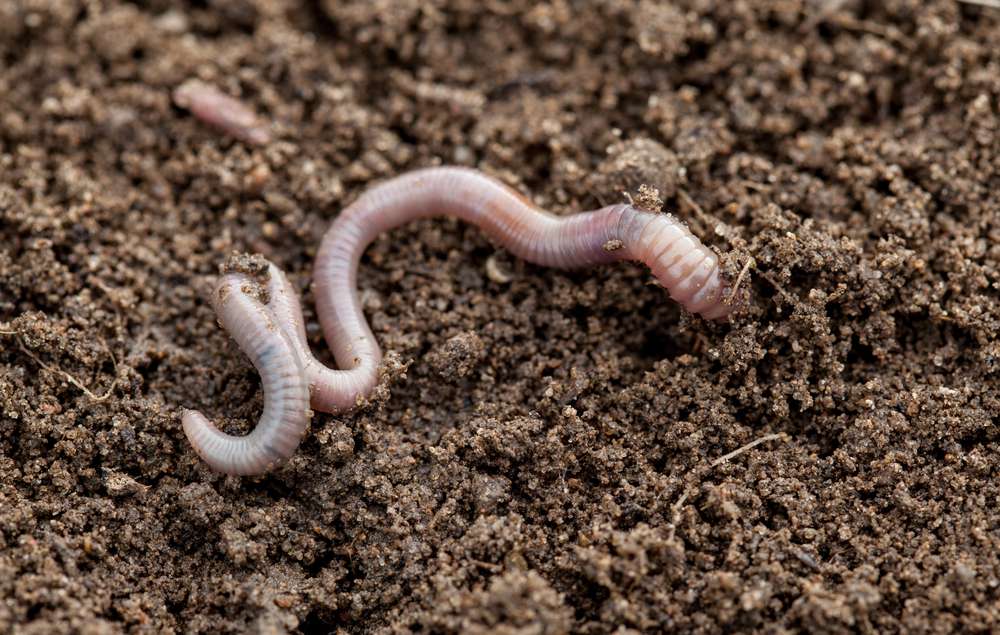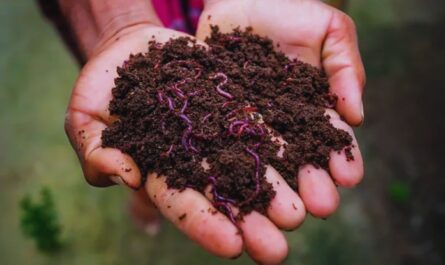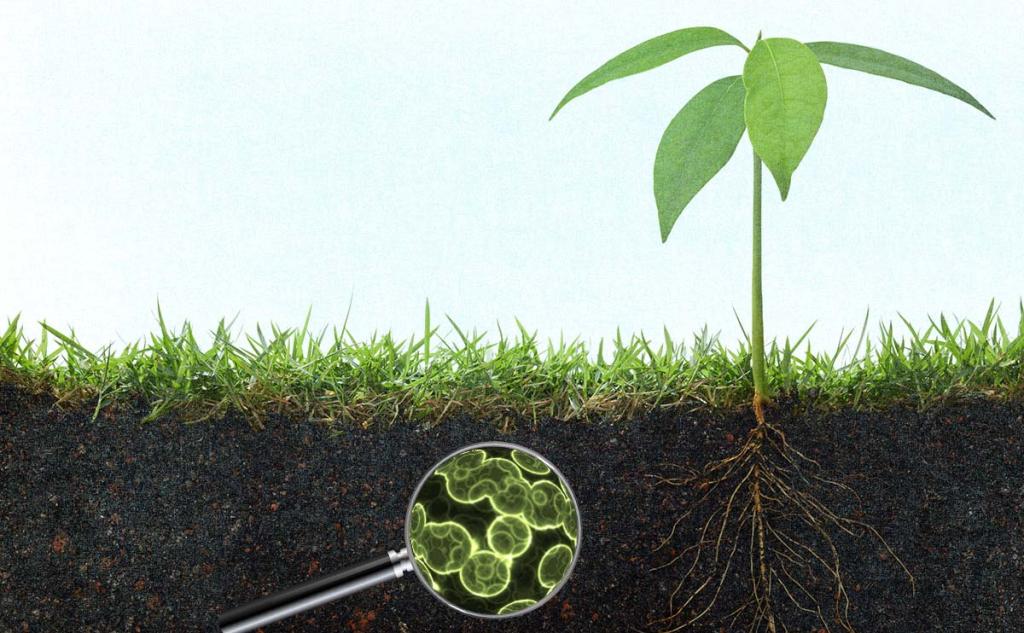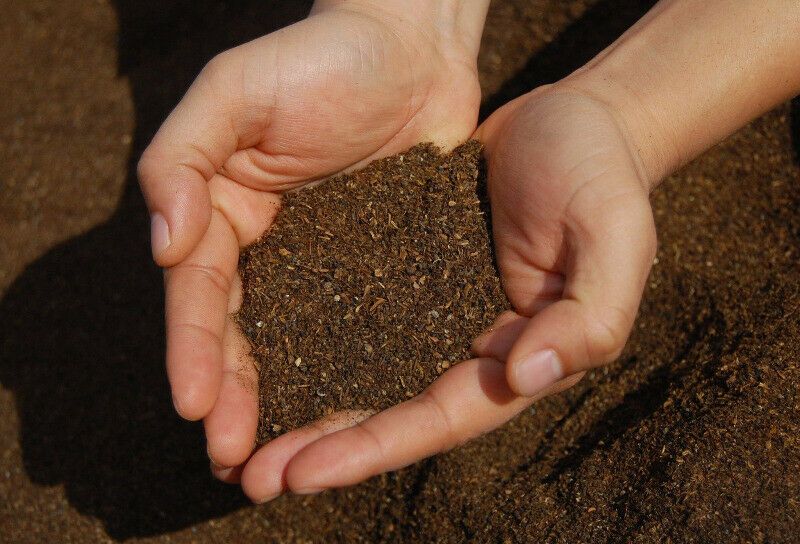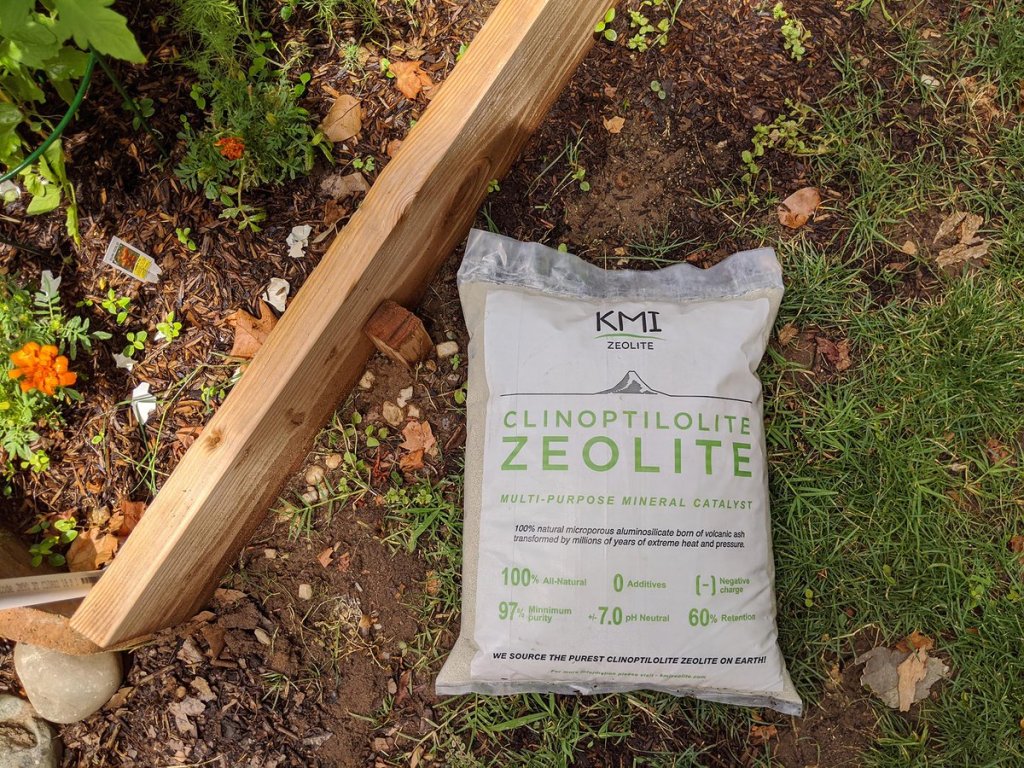Earthworms are essential for a healthy garden. They are just a type of soil organism that turns waste into black gold or fertile soil. Besides, they traverse the soil and transfer oxygen to the roots of all plants in the garden.
They loosen the soil so that the roots can germinate more quickly. They feed on organic matter, and their production is called cast iron, which is very rich and rich in nutrients and is considered a fertilizer.
By attracting worms to the garden, the garden grows better. There are several ways to grow worms in your garden.
Benefits of Earthworms in Garden
A healthy population of garden worms and flower beds has many advantages.
First, worms that enter the garden increase the amount of air and water that comes to the soil. They break down organic matter, such as leaves and grass, into nutrients that can be used by plants.
And when the worm eats, it leaves fungus rich in fertilizer.
Ways to Attract Earthworms to Your Garden
Use Cornmeal
When the weather is warm in the spring, sprinkle about 1 to 2 pounds of cornmeal on over 18 square feet of garden. Cover the soil’s surface and mix it with a shovel, not a tiller, with the top five inches of soil. You don’t want it to dry out because the worm likes moist soil, and you don’t want it to get wet because it kills the worms. Earthworms are attracted to cornmeal because it’s something they can eat.
Add more cornmeal every two weeks until you see a lot of depth in the garden. Dig a small area with a plane and count the number of worms you find.
Do not use toxic pesticides or herbicides
This step should be obvious to anyone who considers them to be an organic gardener. Arguments against the use of pesticides in your garden increase as more scientific studies show their use adversely affects earthworms and the surrounding ecosystem.
Of course, most organic gardeners will never intentionally use these poisons in their gardens. The challenge is to protect your garden from pesticides that may come from nearby neighbors or farms.
That is why position selection is essential. In many cases, you can use physical barriers strategically to reduce this risk. So keep that in mind when planning your garden.
Add Compost to the Garden
Compost must always be added to the garden in early spring. A three-inch-thick layer about six inches deep should be dug. You can compost the top of your garden at any time, but make sure to water the plants, so they don’t burn.
Compost tea can also be prepared by dipping it in large buckets of water and pouring it into the garden every 2-3 weeks. It can make worms very happy.
Create a conducive atmosphere
Be realistic. Worms need very little due to the many benefits they bring.
They like to live in a dark, cold, and humid environment, and they crave a lot of organic matter to eat. Taking care of your garden allows the soil to store the moisture that its earthworms and vegetables need.
And by adding a lot of compost and organic material to your soil, you can grow it. Place coffee grounds directly on the floor to make it easier to add nutrients.
Don’t disturb your soil
Conventional gardening methods work the soil to accommodate fertilizers and other changes. Did you know that this method disrupts and damages existing soil ecosystems? It is like it is!
Earthworms and other useful creatures are often damaged when plowing. It is another reason to consider using raised beds or gardening methods near the lasagna.
Keep the garden moist
Your plants need water and your worms too. If you keep the garden evenly moist, the worms stay in the garden. They dig 6 ” or more enormous caves to find moisture in periods of drought and seek moisture outside of the garden if you don’t provide them in the garden.
If everything else fails, buy worms for your organic garden
First, if you create an inviting environment where the worms have everything they need to thrive, there is a good chance that they will get into your organic garden on their own.
Second, it does not make sense to bring worms into your garden if this does not provide the necessary conditions for the worms to survive. You only go for better soil.
However, once your garden environment is ready, you can speed up their arrival by buying them from a reputable dealer who sells worms near you. Buying native species will make it easier for you to settle in your garden.
Tilling
Every time you work in the garden, you dig valuable tunnels and casts of worms. However, tillage is essential, and the only way to add organic matter to the garden is to plow it.
Try this in early spring, shortly after the ground has thawed before it gets hot or late autumn, almost until winter when it gets cold.
The worms don’t get along in the cold and bury themselves on the garden floor. Tilling prevents the worms from working. After heating, the worms will appreciate the entire ventilated soil and the organic matter you put in as they tunnel to the top of the garden.
Wrapping Up
Worms are beneficial for all types of gardens, including flower, herb, and vegetable gardens. They are essential for creating a fertile soil that supports the growth and development of plants. Attracting worms to the garden only promote the growth of your garden.

